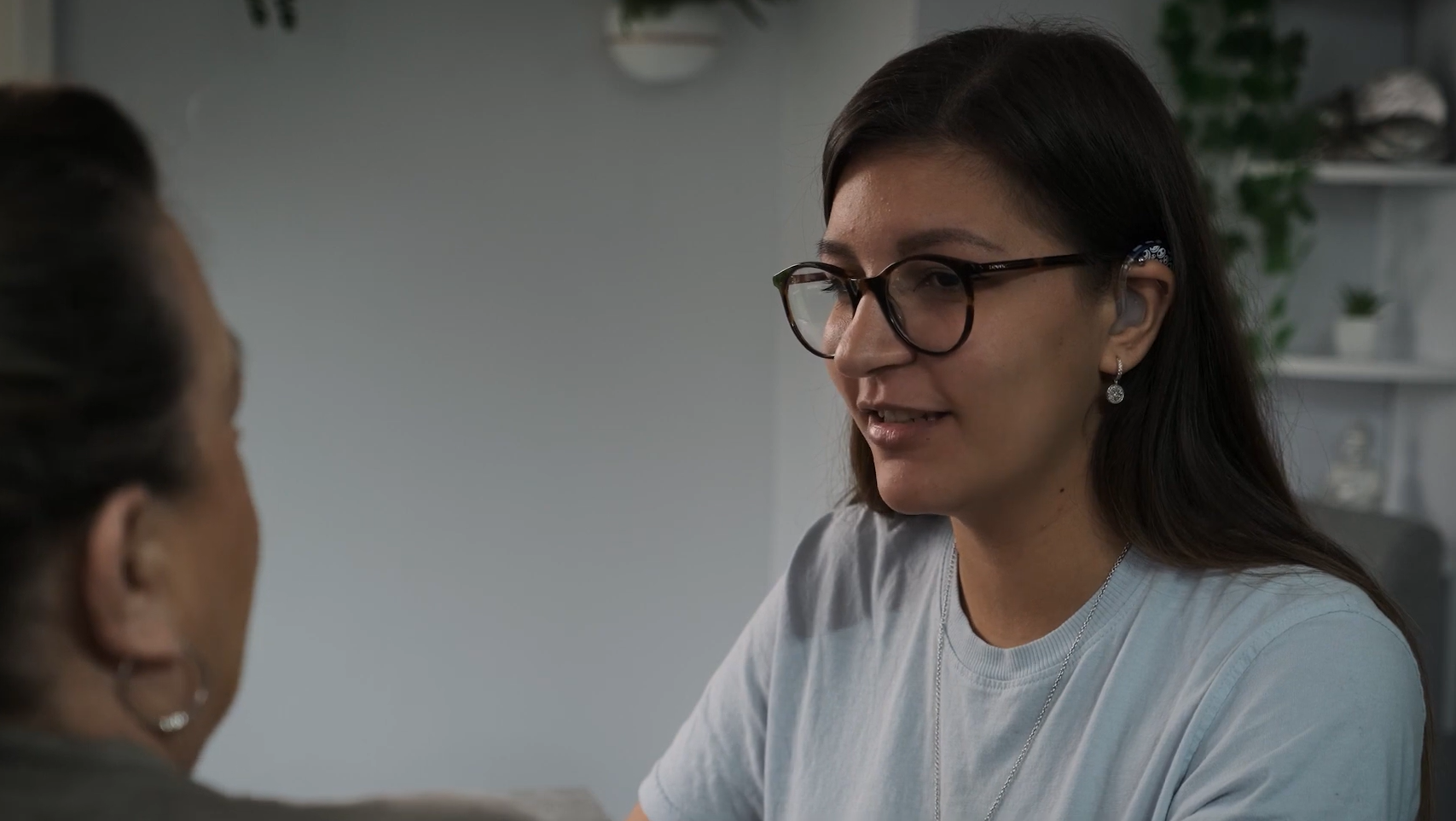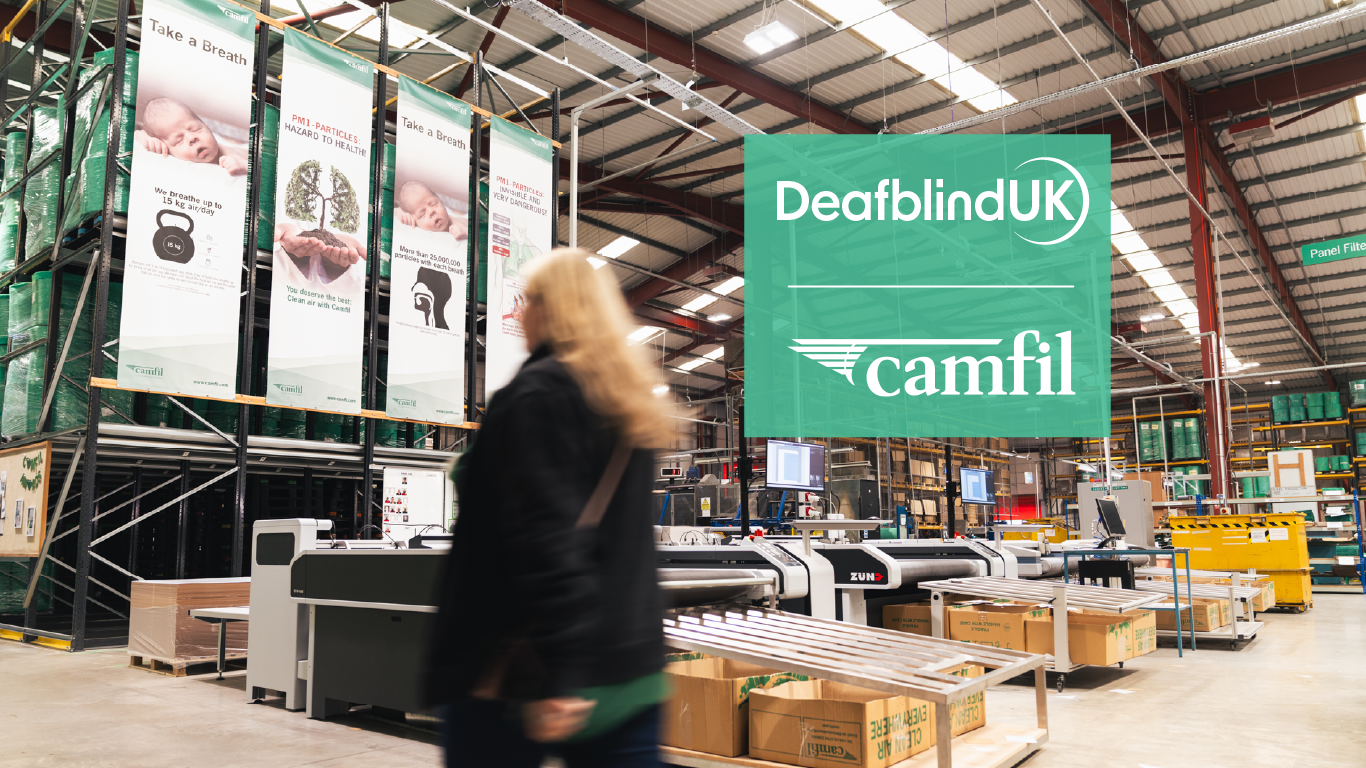Prevention is better than cure when it comes to sight and hearing loss, so here are our top tips for looking after your eyes and ears.
To protect your hearing:
- Turn the music down
Listening to loud music through headphones can cause irreversible hearing damage. Turn the volume down to 60% of the devices maximum. If you’re in a club or gig, avoid spending too much time next to the speakers too! - Use earplugs
You can easily protect your ears from prolonged loud noises by using earplugs or ear defenders. So if you regularly use loud machinery or work in a noisy environment, remember to cover up! It is also a good idea to take regular breaks from the noise to let your ears recover. - Avoid cotton buds
Inserting anything into your ear canal risks damaging your ear drum – so think twice before you reach for the cotton buds! - Avoid infections
Too much moisture in the ear can cause infections, so make sure you gently towel dry your ears after swimming, or better still, wear ear plugs. If you think you might have an ear infection, go to your GP and be sure to take any medication you are prescribed correctly. - Don’t stress!
Heightened levels of stress and anxiety has been linked to Tinnitus, a condition where suffers hear a ringing or other sound in their ears. Try and manage your stress levels where possible.
To protect your sight:
- Wear sunglasses
Sunglasses not only protect your eyes from dangerous ultraviolet radiation but can often make it more comfortable for you to be outside. Look for sunglasses that protect you from UVA and UVB rays and remember to wear them on cloudy days too! - Wear goggles
Next time you go for a swim remember to pack your goggles! Goggles protect your eyes from chlorine and stop them getting too sore after a swim. - Wash your hands
It might sound obvious, but washing your hands is one of the best ways to prevent infections spreading. This is especially important if you or someone you are regularly in contact with has conjunctivitis. - You are what you eat
Many of us focus on nutrition to reduce our waistlines – but did you know that a well-balanced diet can help your vision too? Antioxidants lutein and zeaxanthin are integral to good macular health and cannot be produced by the human body. You can find these nutrients in yellow vegetables such as yellow and orange peppers, sweetcorn and saffron. Lutein also occurs naturally in leafy green vegetables such as kale, broccoli and spinach, so our parents were right when they told us to eat our greens! - Take a break
Looking at a computer screen, phone or tablet for too long can cause eye strain and dry eyes. So make sure you give your eyes a rest and look at something in the distance every 20 minutes. If you work at a computer for long periods of time, it is a good idea to make sure your computer screen is in a comfortable position for you and that your glasses or contact lens prescription is up to date.
Finally, familiarise yourself with the signs and symptoms of sight and hearing loss, and if you are concerned about yourself or anyone else, visit your optician or GP as soon as possible.



